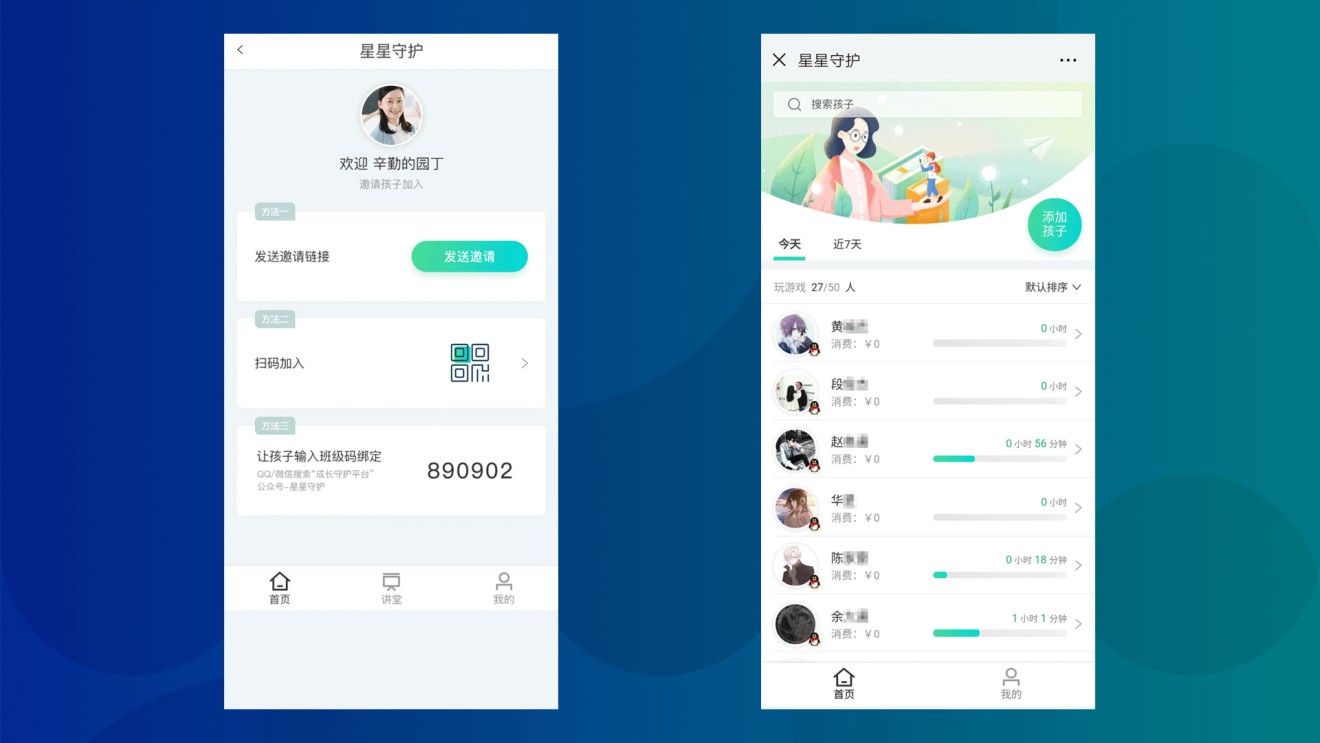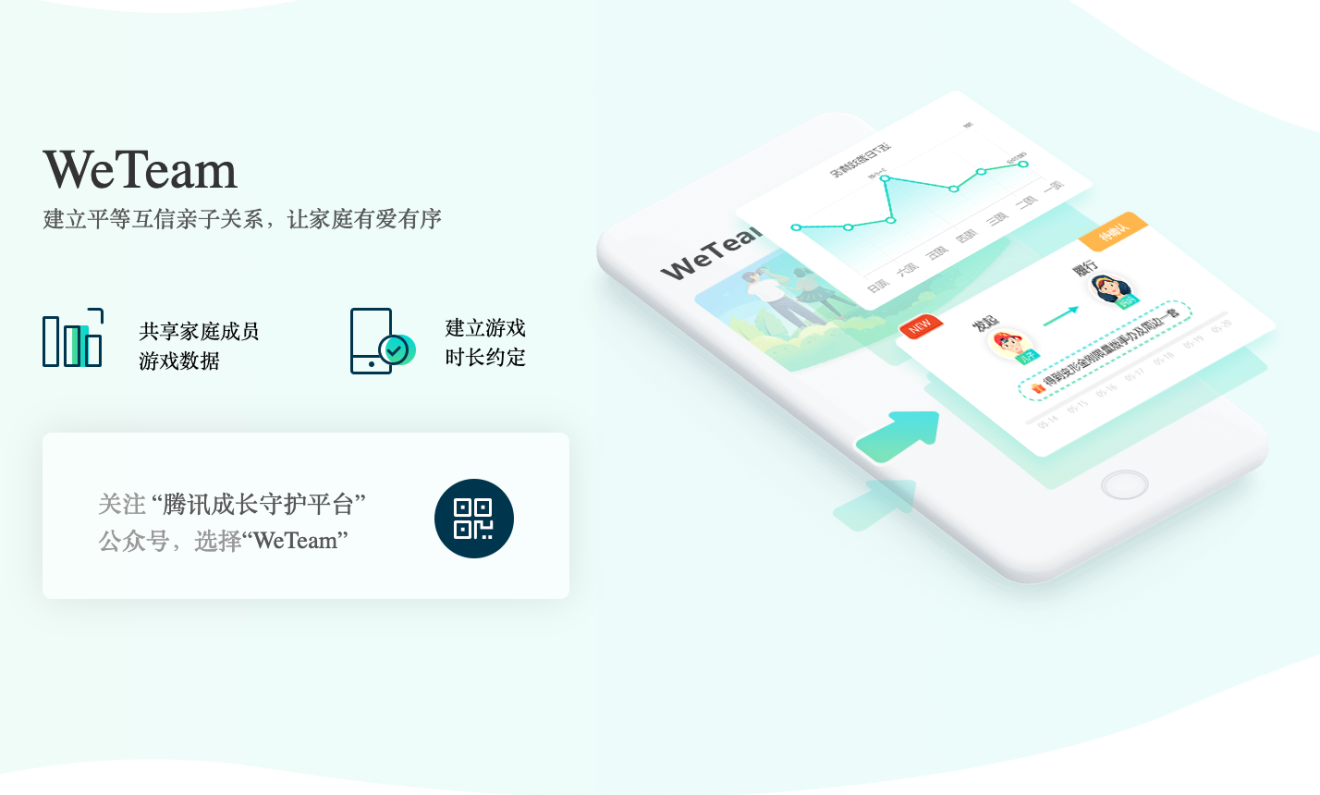
China versus US: Who controls how long kids can play video games?
While China holds game publishers responsible, parents are left to their own discretion in the West
Most parents want to ensure their children aren't being harmed by playing video games. But while American parents have a great deal of freedom to decide how they want to monitor their kids' gaming behavior, in China those choices are often made by companies pressured by the government.

This adds to Tencent's existing mandatory restrictions on underage users. It limits game time for under-12s to just an hour a day, and players between 12 and 18 to two hours. There’s also a night-time curfew between 9pm and 8am.
Tencent, China’s social and entertainment giant
These binding controls stand in stark contrast to measures implemented in the West. Most console gaming platforms come with parental-control features, but it’s ultimately up to the parents to decide if they want to turn them on.
There’s a reason why Chinese companies like Tencent and NetEase have taken a more forceful approach compared to their global peers.
Tencent’s blockbuster game Arena of Valor, known as Honor of Kings in China, used to allow gamers to play as long as they like. But its popularity soon became a concern to the Chinese government, leading its main mouthpiece to dub the game an “addictive poison”.
Arena of Valor, China’s mobile League of Legends, is aiming to be the world’s go-to mobile esport

For more insights into China tech, sign up for our tech newsletters, subscribe to our Inside China Tech podcast, and download the comprehensive 2019 China Internet Report. Also roam China Tech City, an award-winning interactive digital map at our sister site Abacus.

